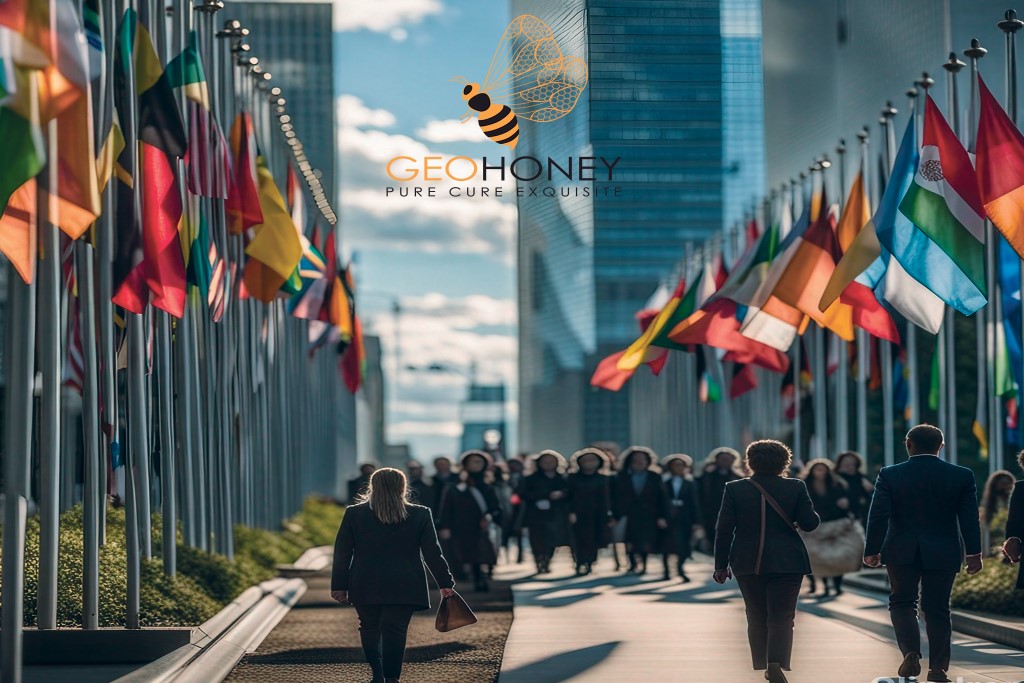- Tokyo: 18:00
- Singapore: 17:00
- Dubai: 13:00
- London: 09:00
- New York: 04:00
Accelerating Inclusive Climate Action Is Still Critical

"The fight for climate action is also a fight for a more just and equal society," UN Climate Change Executive Secretary Simon Stiell stated at the Bonn Climate Change Conference 2023 in June. A joint, long-term effort and more equitable climate action are required to achieve the Paris Agreement's goals. While there has been some progress on the latter, meaningful inclusion of youth, women, Indigenous Peoples, and local communities in climate change decision-making is still lacking.
Women made up 46% of Party delegates at this year's Bonn conference, a similar figure to prior sessions. This is greater than women's representation in COP delegations, the greatest political decision-making venue for climate action: according to the 2022 UNFCCC Gender Composition report, women made up only 37% of Party delegations at COP26.
"Political commitment to change is required to increase women's decision-making power in climate action." Women exercise leadership in a variety of ways, and all sorts of women's leadership, both in cabinet posts and at the community level, must be recognised," said participants in the Bonn conference's Dialogue with UN Women on the Gender Action Plan.
During the Bonn conference, more than 20 mandated events and side events were held to accelerate Indigenous Peoples, youth, and women's participation in climate negotiations and gender-responsive action at the national level, including the first in-person Youth Orientation Session and the second module of the Workshop on advancing meaningful participation of Indigenous Peoples and local communities in the UNFCCC process.
"While it is encouraging that 75% of Parties have now included gender references in their Nationally Determined Contributions (national climate plans), fewer than a quarter of the long-term strategies have any substantive references to gender." "We have to change that," Stiell remarked.
As the Bonn summit came to a close, there were discussions about how to improve inclusivity in the UN Climate Change process in the future. Stiell emphasised the need of a safe working environment for meaningful involvement and urged all participants to guarantee that the process is free of harassment and that the code of conduct is followed.
Indeed, commitments made during COPs 26 and 27 have reinforced the need for greater inclusivity in the UN Climate Change process, including the Glasgow Work Programme on ACE, the Sharm el-Sheikh Plan of Implementation, the intermediate review of the implementation of the gender action plan, and the second three-year work plan of the Local Communities and Indigenous Peoples' Platform (LCIPP).
Stiell, the High-level Champions, the COP28 Presidency, and the UNSG Envoy on Youth invited Parties and observers to ensure greater participation and meaningful engagement of youth, women, local communities, and Indigenous Peoples as members of delegations at COP28 this year in Dubai. Furthermore, at COP28, there will be specific and cross-cutting talks on gender equality, youth empowerment, and meaningful participation of Indigenous Peoples and local communities in climate action and decision-making.
The COP28 Presidency will also host thematic days on intergenerational collaboration and youth participation in climate action, gender equality and climate financing, and energy, industry, and the just energy transition, among other topics. The conclusion of the first global stocktake at COP28 will be a watershed moment for assessing progress and remaining challenges in meeting the Paris Agreement goals, as well as an opportunity to promote gender-responsive climate action and collaboration among governments, the private sector, civil society, and multilateral and international organisations.
"The global stocktake can be an important process for advancing gender-just climate policies and actions," said the Women and Gender Constituency at the Bonn meeting in June. "It allows countries to evaluate the gender sensitivity of their climate policies and actions, as well as identify ways to improve gender equality."
Source: unfccc.int



